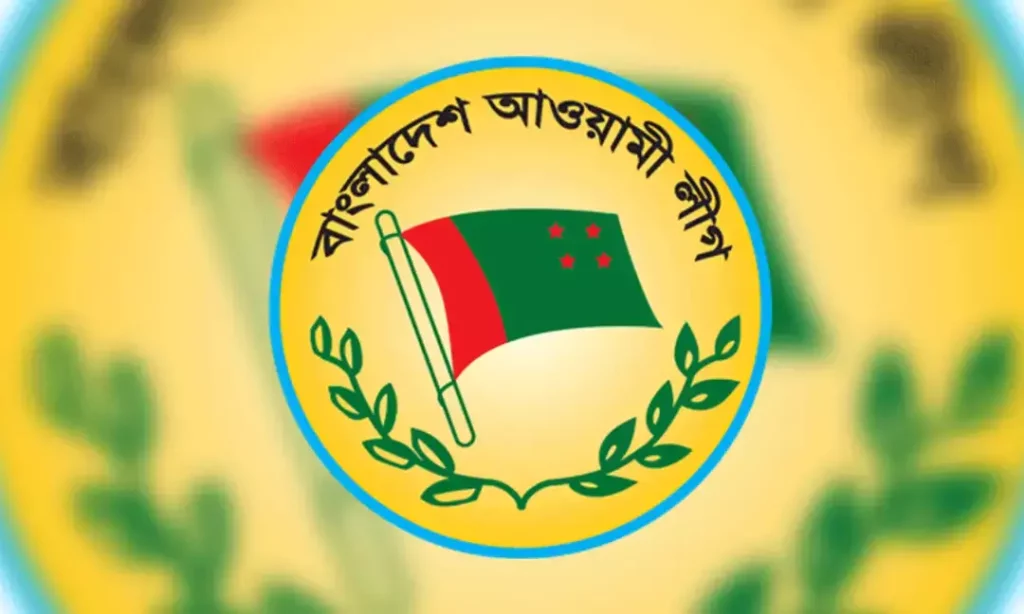
What is Awami League’s Liberation Agenda for Today’s Bangladesh?
The Awami League, Bangladesh’s ruling party, has recently launched a 21-point movement, which it terms as a “liberation agenda” for the country. The movement aims to revitalize the spirit of the Liberation War, which led to the country’s independence from Pakistan in 1971. The agenda is a set of demands that the party believes will help to reclaim Bangladesh’s true essence and make it a better place for its citizens.
The Awami League’s liberation agenda is a response to what the party perceives as a growing threat to the country’s national identity and principles. The party believes that the country is facing a crisis of values and ideals, and that the only way to overcome this crisis is to return to the values and ideals that were embodied by the country’s founding father, Sheikh Mujibur Rahman.
At the heart of the Awami League’s liberation agenda is the demand for the resignation of Dr. Muhammad Yunus, the founder of Grameen Bank and a Nobel laureate. The party has accused Yunus of being a traitor and of working to undermine the country’s sovereignty and national interest. The Awami League has also accused Yunus of being involved in a conspiracy to oust Prime Minister Sheikh Hasina and to install a puppet government in her place.
In addition to demanding Yunus’ resignation, the Awami League’s liberation agenda includes a range of other demands. These include the release of Awami League leaders who are currently in prison, the prosecution of those accused of violence during the 2014 elections, and the protection of national symbols like the flag, anthem, and constitution.
The Awami League’s liberation agenda is also aimed at reviving the non-communal and free-thinking spirit of the Liberation War. The party believes that the country’s founders fought for a Bangladesh that was free from communal violence and where all citizens could live in peace and harmony. The party believes that this spirit of non-communalism and free thinking is under threat today, and that it needs to be revived in order to build a better future for the country.
One of the key demands of the Awami League’s liberation agenda is the recovery of the country’s natural resources. The party believes that the country’s natural resources, including its forests, rivers, and oil and gas reserves, are being exploited by foreign companies and domestic elites, and that this needs to stop. The party has demanded that the government take steps to recover the country’s natural resources and to use them for the benefit of all citizens.
Another key demand of the Awami League’s liberation agenda is the protection of the country’s culture and heritage. The party believes that the country’s culture and heritage are under threat from globalization and the rise of extremist ideologies, and that they need to be protected in order to build a strong and unified nation. The party has demanded that the government take steps to promote the country’s culture and heritage, and to protect them from external threats.
The Awami League’s liberation agenda is not without its critics. Some have accused the party of using the agenda as a way to consolidate its power and to silence its opposition. Others have accused the party of being overly focused on its own interests and of neglecting the needs and aspirations of other political parties and social groups.
Despite these criticisms, the Awami League’s liberation agenda is likely to have a significant impact on the country’s politics and society. The agenda has already sparked a national debate about the country’s values and principles, and it is likely to continue to shape the country’s political discourse in the coming years.
In conclusion, the Awami League’s liberation agenda is a complex and multifaceted document that reflects the party’s vision for a better Bangladesh. The agenda is a response to the country’s current challenges and crises, and it is aimed at revitalizing the spirit of the Liberation War and building a more united and prosperous nation. Whether or not the agenda is successful remains to be seen, but it is likely to have a significant impact on the country’s politics and society in the coming years.
Source:
https://thecsrjournal.in/awami-league-21-point-movement-oust-yunus-reclaim-mujib-hasina-bangladesh/






